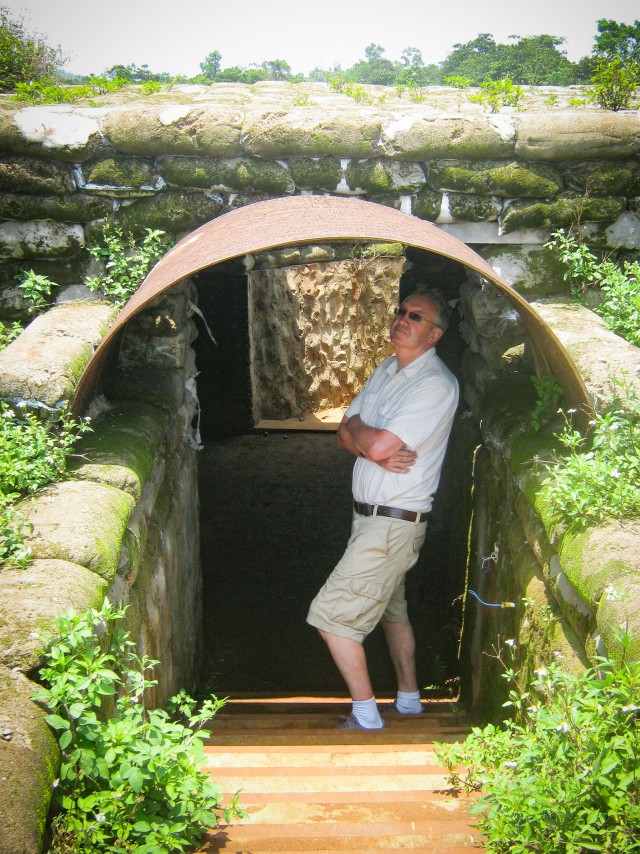About me
I am a relic of that best of educational equalisers, the British post-war grammar school system. The first child on either side of my family to go to university, I was brought up in Cardiff and educated at Cathay’s High School, tragically transformed in the cause of everyone having to be the same, by the Wilson Labour government into a failed comprehensive.
My trajectory meanwhile led to Reading University, where I graduated with honours in History, a scholarship for an MA in History in Canada at McMaster University, beginning and then abandoning a doctoral programme at Toronto University, and returning to London and writing a doctorate on seventeenth century political thought at the London School of Economics, under the supervision of the late, great, conservative philosopher, Kenneth Minogue.
In 1989 I joined the Politics Department of the National University of Singapore. This ended abruptly, and instructively, when I discovered that the ruling People’s Action Party did not take kindly to publishing on Singapore and Asian democratisation in a spirit of scholarly scepticism. NUS and I parted company in 1995 and I substituted the throbbing heart of the Asian miracle for the clarified skies, expansive ocean and seclusion of a former convict island and the School of Government in the University of Tasmania.
Writing several books on Asia and Asian politics and regular opinion pieces for The Australian and Australian Financial Review, I identified the emergence of South East Asian terrorist groups including Abu Sayyaf and Jemaah Islamiyah as religious violence spread across the region in the wake of the Asian financial crisis of 1997, and organised an international conference on new terror in the Asia Pacific. Meanwhile I continued to publish on seventeenth century political thought, and added an investigation into the history of Welsh radicals exiled to Van Dieman’s land in the 1830s and 1840s. Essays led to interviews with BBC Wales, with Huw Edwards in his Wales in Australia documentary, and Roar Film’s 2015 programme for ABC on the British Rebels sent as political prisoners to Van Dieman’s land.
I left Tasmania in 2004 for the University of Queensland, where I continue to write on transnational violence and ideology, and the need for realism, rather than idealism, in understanding international politics. I divide my time between London, where I am a Visiting Professor in the War Studies Department at King’s College, and the Danube Institute, Budapest where I am Director of Research.
 Khe Sanh, Vietnam, 2015
Khe Sanh, Vietnam, 2015